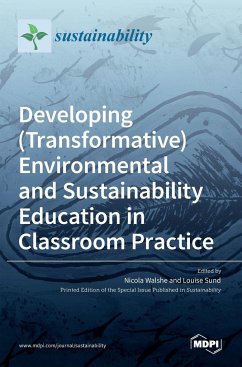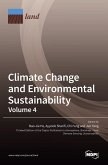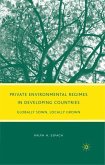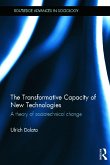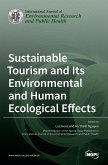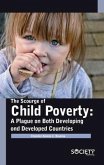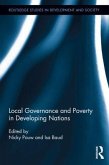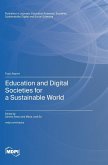Children today face significant challenges in response to living in a globalised world and the impact of environmental threats to the planet, for example, climate change, rising inequalities, and food and water security; as such, there is an increasing need for schools to have a global rather than merely local perspective and to cultivate a critical sense of environmental and social responsibility in students. Environmental and Sustainability Education (ESE) in schools is frequently promoted as a route to achieving this, as it has the potential to empower learners to develop the necessary knowledge, understanding, skills, or competences to respond to the complex socio-environmental issues of the 21st century. However, despite this significant potential, there remains a general lack of pedagogical consensus as to how to teach either about or for ESE within school contexts. In order to develop effective ESE pedagogies, some educators look to transformative learning theory to encourage learners to move beyond the simple acquisition of knowledge to a change in worldview which not only affects their deeper level of understanding but, importantly for ESE, builds their capacity to think critically and plays an active role in providing a sustainable transformation of society. With this in mind, this book explores the pedagogy and practice of ESE, with a particular focus on transformative pedagogies in schools. Exploring themes including the attitudes of the teachers who are implementing transformative pedagogies, the tensions and emotional loads that teachers experience when seeking to develop their professional identity in the context of ESE, and how learning through ESE-informed practice involves and is intimately connected with emotions, this book will be of significant value for researchers and practitioners globally looking to develop transformative ESE practice.
Bitte wählen Sie Ihr Anliegen aus.
Rechnungen
Retourenschein anfordern
Bestellstatus
Storno

